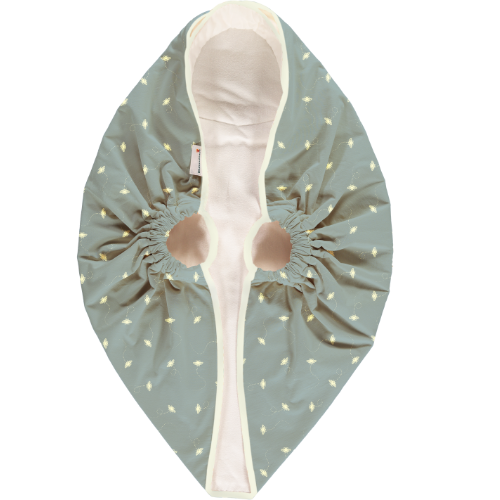What is morning sickness?
Morning sickness is an extremely common symptom of pregnancy affecting up to 80% of women who become pregnant. If often starts around the 4th week of pregnancy, normally lasting up to the 16th week, and it is very often the first sign that you are a mother-to-be.
Around 10% of women still experience morning sickness up to the 20th week of pregnancy, so it’s no reason to panic if it appears to be lasting longer than usual. Even though it is called morning sickness, it can actually happen at any time during the day.
It is of course always important to determine that what you are experiencing is morning sickness through medical professionals, to ensure that other conditions have been ruled out first. The most common symptoms of morning sickness are nausea and vomiting, and can, for some women, be an extremely tiring and fatiguing time. There are however some ways that the symptoms of morning sickness can be reduced.
Prenatal Vitamins
If you are actively trying to get pregnant it is a good idea to start taking prenatal vitamins before the pregnancy has actually occurred as this can help to reduce the effects of morning sickness. Prenatal vitamins are supplements (not substitutes!) that contain different amounts of specific nutrients which are suited towards the needs of expectant mothers. The intention of these vitamins is not to replace a healthy food diet, but instead are be taken in a complimentary fashion. Suplplements are just that, they are supplementary to your main diet, not a replacement as these extra vitamins alone won’t provide your body with all of the good stuff it needs. However for some women prenatal vitamins can actually cause nausea which is why taking the supplements prior to conception is important to build up bodily reserves. Then if there are difficulties taking them later on you're already ahead.
What foods you eat
Eating bland and easily digestible food can help with the nausea and vomiting symptoms. When expectant mothers are experiencing morning sickness, food that has either a strong smell (like fish), or is quite difficult to digest will probably worsen the morning sickness symptoms. Solutions to this problem can include ensuring that what you are eating is soft, and doesn’t require much chewing and effort to swallow. Smoothies are a good way of coping with this because not only are smoothies incredibly easy to chow down, but you can ensure you get a really healthy blend of fruits and veg in your daily diet. Fruit and vegetables don’t have much of a pungent taste so this will help in staving off the symptoms. Soup for the same reasons as smoothies, is a very helpful type of meal to include in your diet.
Ensure that you are getting a good amount of carbohydrates every day to help maintain energy levels. Luckily, there are plenty of easily digestible and somewhat bland carb-heavy food which include: Mashed potato, plain pasta, boiled rice, plain toast, and even cereal.
Depending on the severity of the morning sickness, a good idea when it comes to food is to only eat foods which are cold, as warmer foods give off more of a smell and have more taste than cold dishes.
Plenty of rest
An often overlooked way of dealing with nausea and vomiting is by getting plenty of rest. Your body is going through so many changes which can be incredibly tiring during pregnancy, that any real extra strain you put on yourself can actually worsen the symptoms of morning sickness. So this is a perfect excuse to get cosy on the sofa and whack on a good tv series! A great excuse to watch your favourite box set from end to end.
A little bit of comfort never goes amiss…
Ensure that your stomach actually feels comfortable by not wearing any tight clothes that might cause compression. By wearing a pair of joggers with a large waistline would give your stomach the comfort and freedom it definitely needs during these sensitive few weeks.
A little bit of comfort is that these symptoms will in time pass. Be kind to yourself. It is a case of doing what you can for yourself and getting through this period as best and as sensitively as you can. If your symptoms persist, or you notice abnormal changes then do seek a professional opinion from your Doctor. As likely your Doctor will have seen it before and be able to advise you what's best for you.

